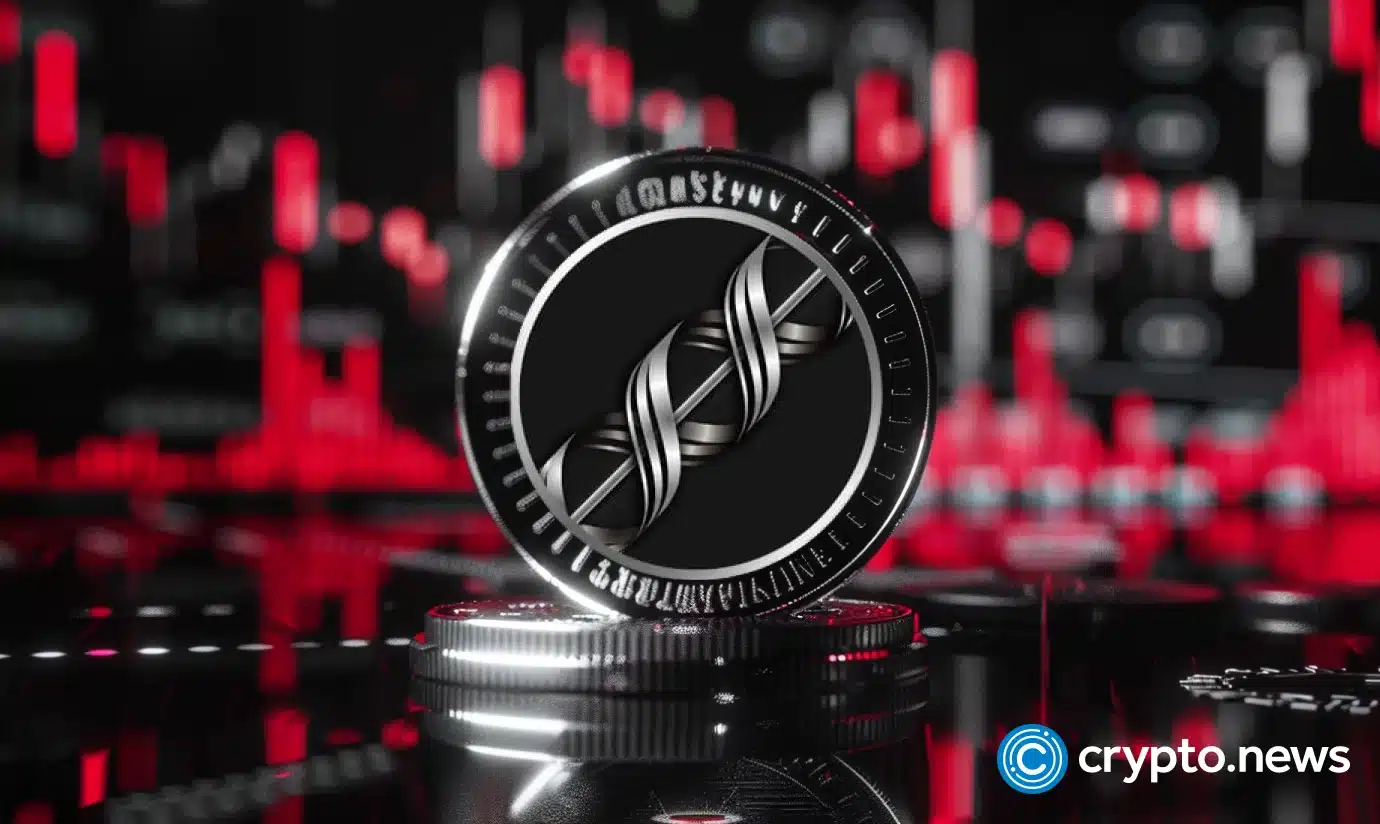On February 25th, speculation from traders caused the price of Goerli testnet ether to spike to an unprecedented $1.60. This resulted from LayerZero’s recent launch of a cross-chain platform that enabled trading and swapping between the Ethereum mainnet and the Goerli testnet – making it easier for developers to purchase testnet ether.
Despite the convenience of this move, critics were quick to point out that monetizing a testnet’s native currency could make it unsuitable for its primary purpose – pre-production testing. Mudit Gupta, Chief Information Security Officer of Polygon, took to Twitter to warn: “This is the start of the end of Goerli testnet. It served us well. Testnet ether is supposed to be free but is being marked up by speculators.” The token was trading at around $0.15 just last week but rose to a peak of $1.60 on Saturday and has since been trading downward, settling around $0.37 as of today.
A few validators currently control the distribution of testnet ether on Goerli, meaning that they potentially have a large influence over the market should they decide to sell off a significant amount at once. To mitigate this risk, Ethereum developers have proposed creating Holli, a new testnet designed to make it simpler for developers to acquire testnet ether, reducing the need for it to be bought on a secondary market.





